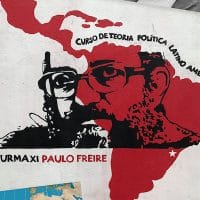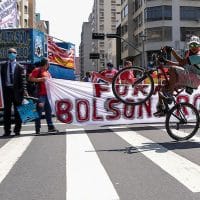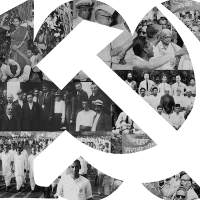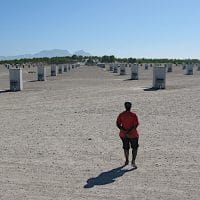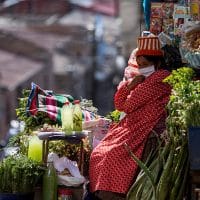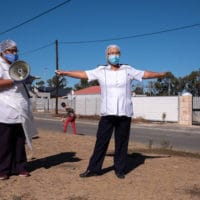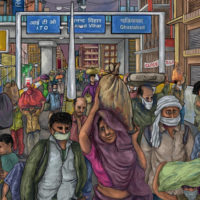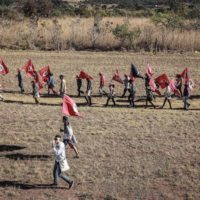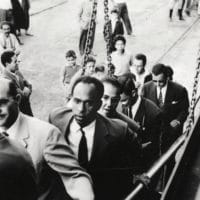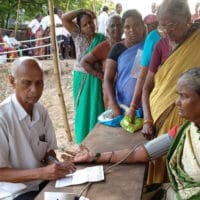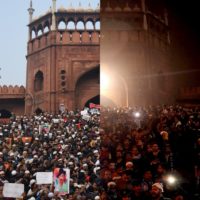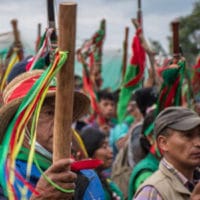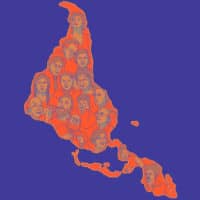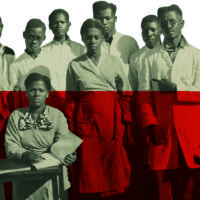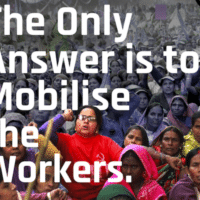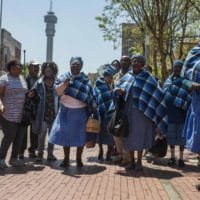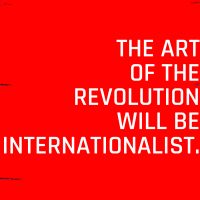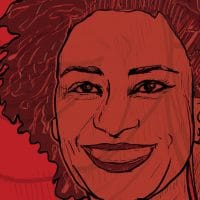-
Dossier 34: Paulo Freire and popular struggle in South Africa
He constantly experimented with and thought about how to connect learning and teaching among the poor and oppressed with the radical transformation of society.
-
Youth in Brazil’s peripheries in the era of CoronaShock
Across the world, youth have become important political actors, especially since the 1960s. Along with workers, women, and people of colour, youth have been main protagonists in the fight for national, anti-colonial, anti-imperialist liberation in Asia, Africa, and the Americas.
-
Dossier no. 32: One hundred years of the communist movement in India
Through their self-effacing work, the communists have galvanised hundreds of millions of people into action in order to bring about far-reaching changes in society.
-
Dossier 31: ‘The Politic of Blood’: Political Repression in South Africa
In his famous speech from the dock in April 1964, Nelson Mandela spoke of ‘revolutionary democracy’ rooted in precolonial forms of collective deliberation and decision making.
-
Latin America under CoronaShock: Social crisis, neoliberal failure, and the People’s Alternatives
The first cases of COVID-19 were detected in December 2019 in Wuhan (China). In early March, the World Health Organization (WHO) declared the rapidly expanding illness a pandemic.
-
Dossier 20: Health is a political choice
In the United Nations’ Universal Declaration of Human Rights (1948), Article 25 offers an expanded vision of what it could mean to be a human being. Human beings, it notes, have ‘the right to a standard of living adequate for [their] health and well-being’. This includes ‘food, clothing, housing and medical care and necessary social services’; human beings also have the ‘right to security’, which means they have the right to compensation for any lack of livelihood due to circumstances beyond their control.
-
Dossier 28: CoronaShock: A virus and the World
In December 2019, doctors in Wuhan (China) began to see patients with a kind of viral pneumonia. By the end of the month, an investigation began and China’s health authorities sent out a public warning and notified the World Health Organisation (WHO).
-
Dossier 27: Popular agrarian reform and the struggle for land in Brazil
The land question is central to understanding political life and society in Brazil. The country has enormous landed estates, known as latifundios, which have their roots in the beginning of the Portuguese occupation of this part of South America at the start of the 16th century. The Portuguese seizure of this land and its conversion into large latifundios–together with the mono-cultivation of crops for export and the enslavement of human beings–established the roots of social inequality that persist to this day.
-
Dossier no. 26: Frantz Fanon: The brightness of metal
Frantz Fanon was born on the Caribbean island of Martinique on 25 July 1925. He died in the United States, from leukaemia, on 6 December 1961. He was thirty-six years old.
-
Dossier 25: People’s Polyclinics: The initiative of the Telugu communist movement
Under the shadow of the Charter of the United Nations (1945) and the Universal Declaration of Human Rights (1948), countries are obliged to guarantee the right to health. The 1946 Constitution of the World Health Organisation (WHO) defines health as ‘a state of complete physical, mental, and social well-being and not merely the absence of disease or infirmity’.
-
Dossier 24: The world oscillates between crises and protests
This dossier is dedicated to offering an assessment of the moment we find ourselves in today. Part 1 provides a quick overview of planetary affairs; and Part 2 there are more detailed reports from our offices on their respective regions: South Africa, India, as well as the Caribbean and Latin America.
-
Dossier 23: Peace, neoliberalism and political shifts in Colombia
Once again, the people of Colombia straddle two realities–the drums of war and the hope of peace. This tension has along, complex, and multi-dimensional historical process. This dossier from Tricontinental: Institute for Social Research examines the root causes of the crisis and the two realities of war and peace.
-
Dossier 22: Latin America and the Caribbean: between the neoliberal offensive and new resistances
Critical thought in our current political conjuncture faces a debate about the characteristics of the neoliberal and neofascist offensive and the challenges that these offensives raise. This debate engages three important dimensions: the character of contemporary capitalism, the new monsters that drive it, and the possibility of necessary alternative futures.
-
Dossier no. 20: When you ill-treat the African people, i see you
The Industrial & Commercial Workers’ Union (ICU)—a trade union, rural peasant movement, and urban squatters’ movement—formed on the docks in Cape Town in 1919. Within a decade, the ICU had expanded across Southern Africa without regard for national borders and counted people from various African countries and the Caribbean in its leadership, as well as people who were Indian and mixed race. The largely forgotten history of the ICU is well worth recovering in a time of escalating chauvinism and xenophobia. Our Dossier #20 offers an introduction to this extraordinary popular movement.
-
Dossier 18: The only answer is to mobilise the workers
Tricontinental: Institute for Social Research launches its eighteenth dossier, “The Only Answer Is to Mobilize the Workers.” The challenges facing Indian workers and their strategies to fight back are explained through the insights and expertise of K. Hemalata, president of the Center of Indian Trade Unions (CITU).
-
Dossier 17: Venezuela and hybrid wars in Latin America
Dossier no. 17 reflects on the hybrid war unleashed against Venezuela. We document the repertoire of tactics, but also the motives behind them. We are interested not only in the recent attack on Venezuela, but in the similarities between this attack and others in Latin America over the past decades.
-
Dossier 16: Resource sovereignty—the Agenda for Africa’s exit from the state of plunder
In this interview Gyekye Tanoh, head of the Political Economy Unit at the Third World Network-Africa based in Accra (Ghana), elaborates upon the themes of corporate plunder, resource nationalism and people-centered forms of resource management in Africa.
-
Dossier 15: The art of the revolution will be internationalist
We need all of the cultural workers today—from graphic designers to cartoonists, programmers to poets, psychologists to meme-makers—to seize what we know in order to dream and to construct a world that is not only possible, but necessary.
-
Dossier 14: Brazil’s Amazon—the wealth of the earth generates the poverty of humankind
The destruction of the Amazon has serious consequences not only for Brazil, but for all of Latin America—and the world.
-
Dossier 13: The new intellectual
These two matters—the battle of ideas and the new intellectual—take up the first two parts of this dossier. The third part enters a brief discussion of our political context and offers a map of our concerns and our research. We look forward to your response to our invitation to a dialogue.

